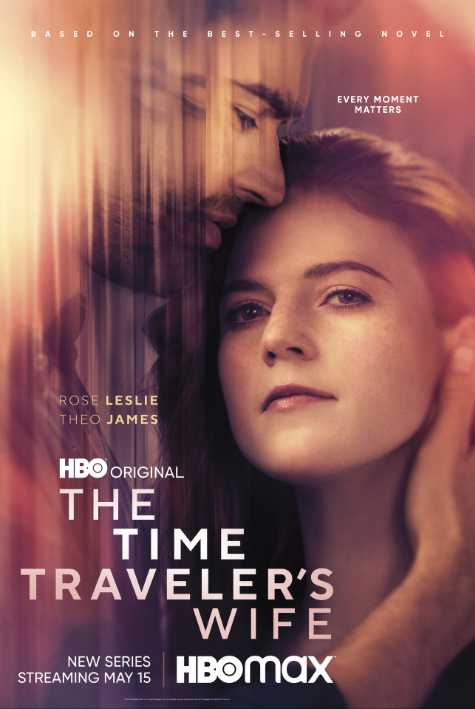
[Spoilers follow ... ]
Clare as a tweener and teenager repeatedly asks Henry on his many visits if they will be married in later life. He repeatedly tells her no, and eventually shouts out the truth when the guy who raped the teenaged Clare demands to know why Henry is so upset about what happened to her. Ironically, though that's not quite the word, Henry knows that the rapist burned Clare with cigarettes but not that he raped her, because Clare repeatedly told Henry that the guy had hurt but not raped her.
What are we to make of these mutual lies? They are born of love, or at least good intentions. Henry thinks knowing too much of her future will damage Clare. And she thinks telling Henry the full extent of what happened to her might get Henry to really kill the rapist. But you might not agree. Some observer of human nature -- maybe Albert Schweitzer? -- once remarked that lying, whatever the lie, is a "treason of the soul," that always diminishes the liar. On the other hand, Sissela Bok in her excellent 1978 book Lying evaluates various kinds of lies, and singles out "white lies" as sometimes justified and doing some good in this world.
The Time Traveler's Wife, like all excellent fiction, deserves credit for addressing such complex moral issues. And this episode was especially well acted, not only by Rose Leslie as the 16-year old and older Clare, but Caitlin Shorey as the tweener and Everleigh McDonell as the younger Clare. They join Theo James' Henry in a really effectively acted drama that doesn't miss a beat.
And I'll see you back here next week with my review of the next episode.
See also The Time Traveler's Wife 1.1: Off to a Fine, Funny, Complex Start ... 1.2: Fate

No comments:
Post a Comment